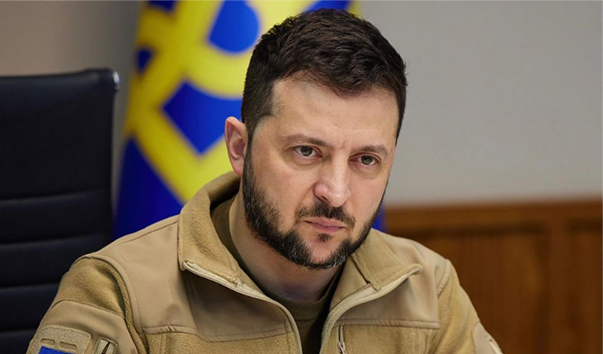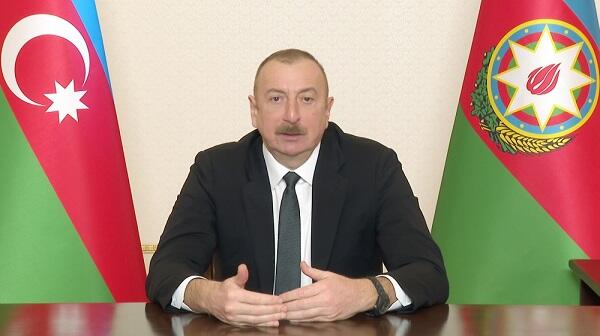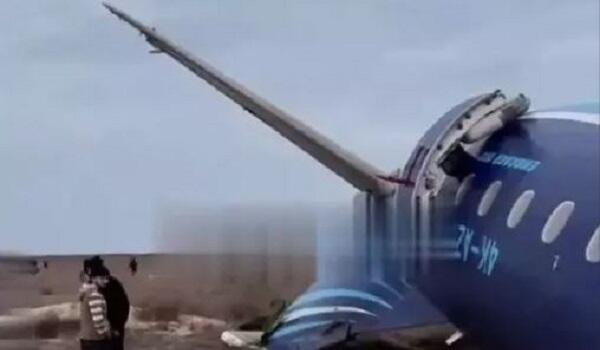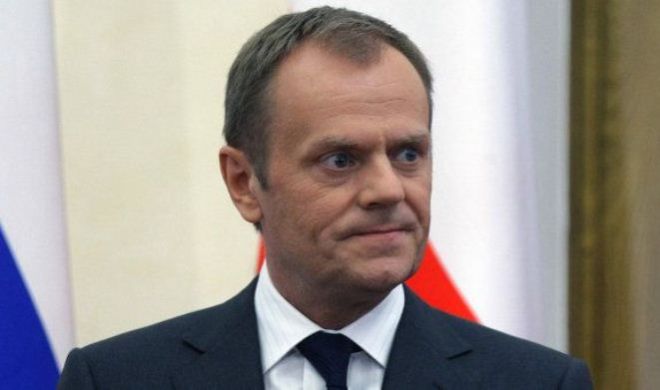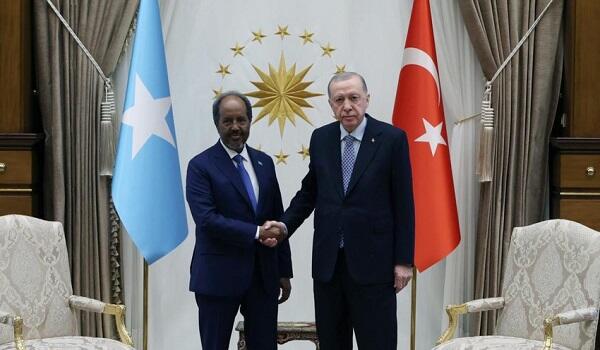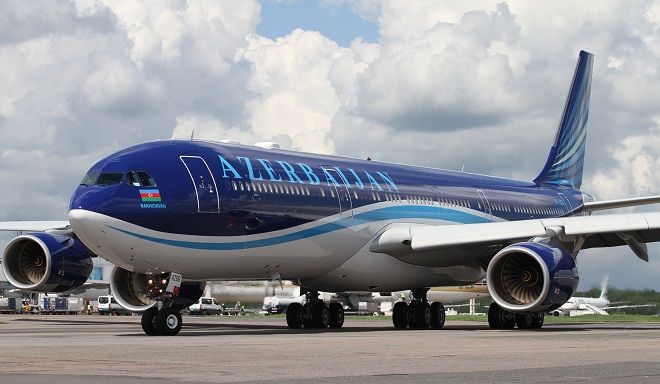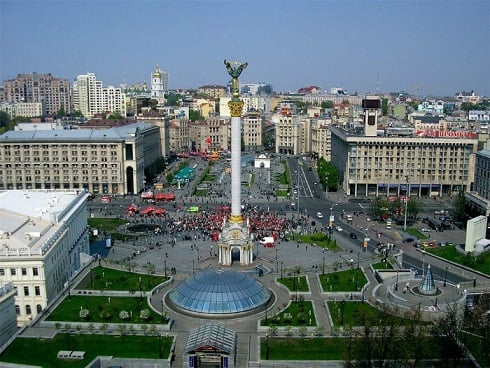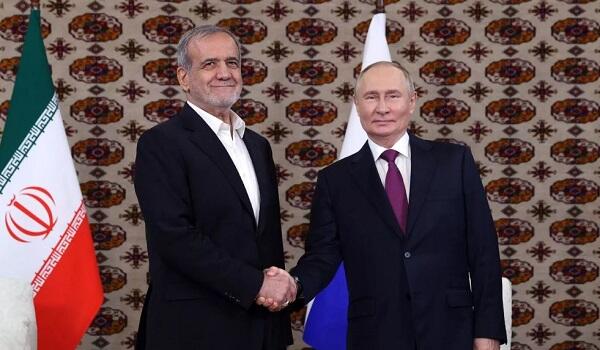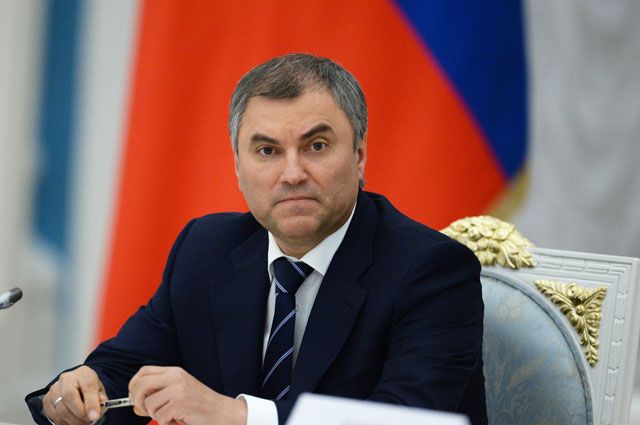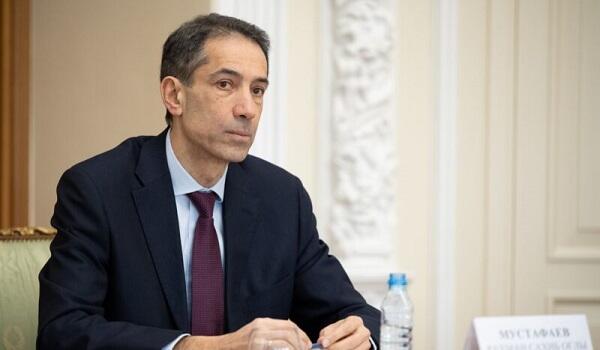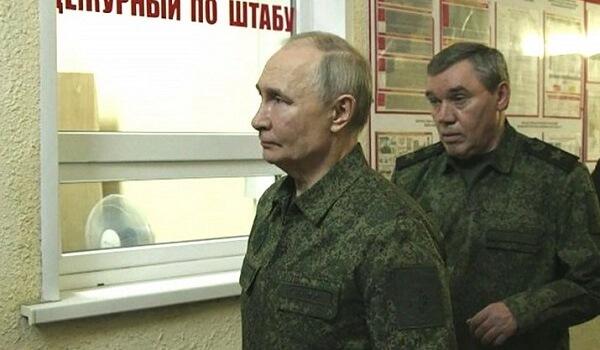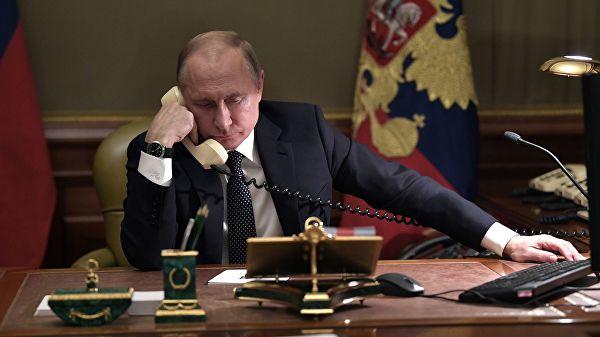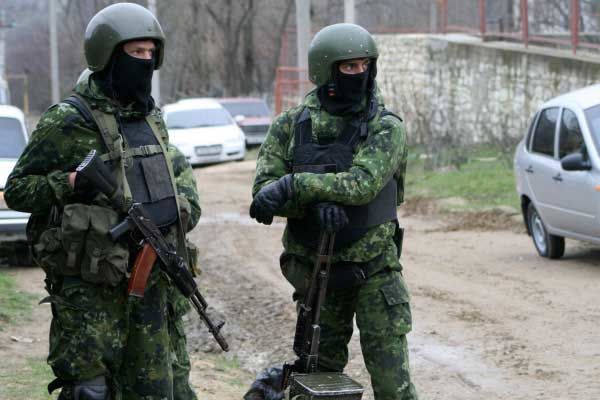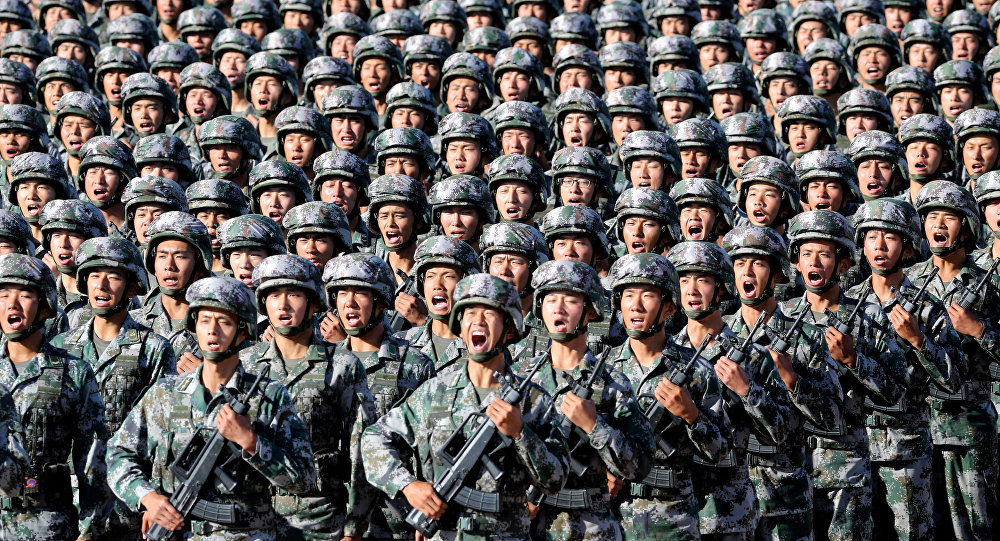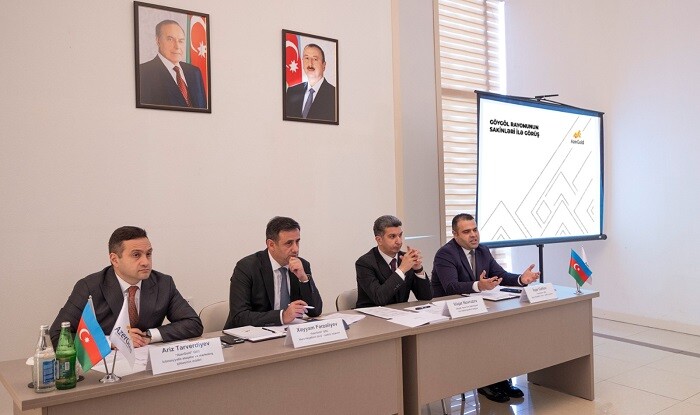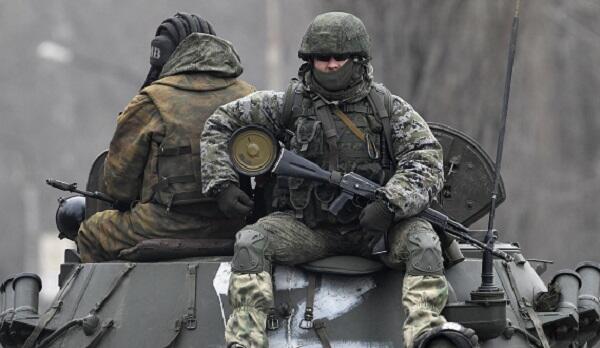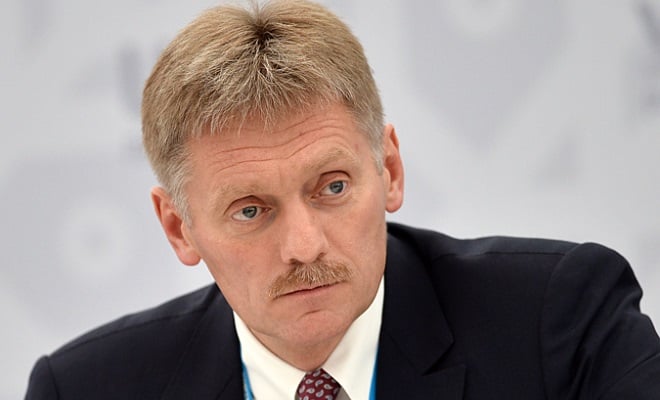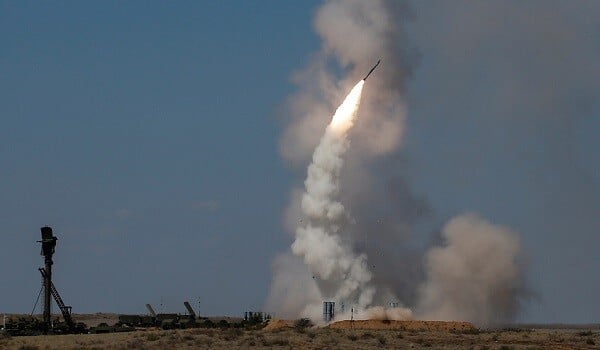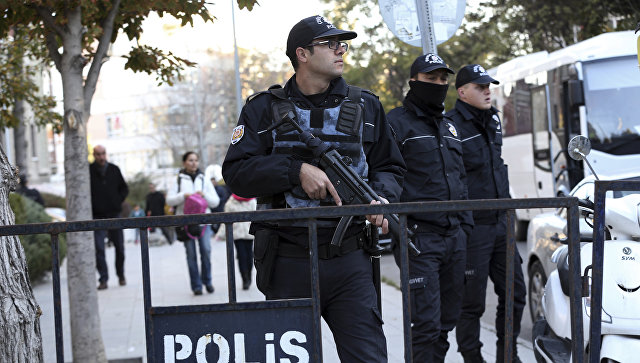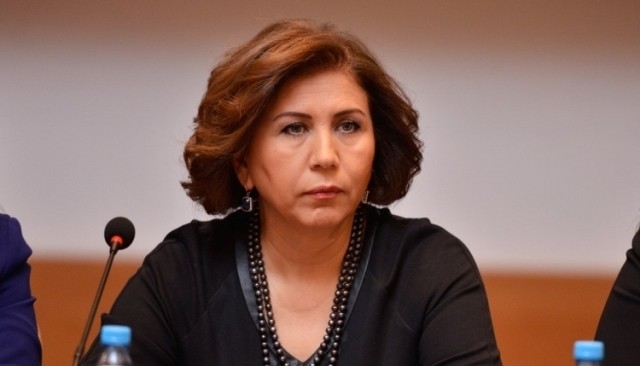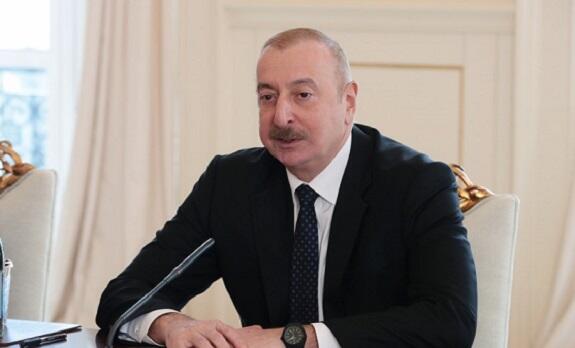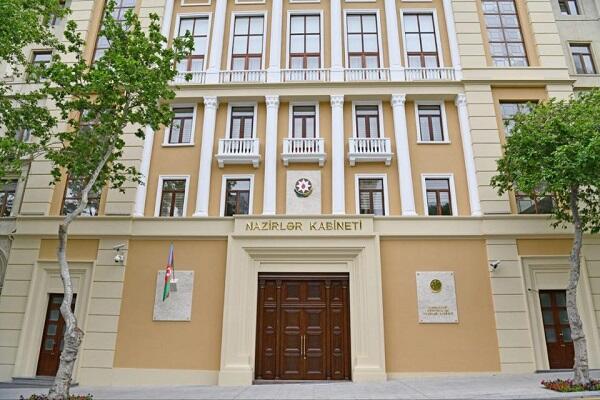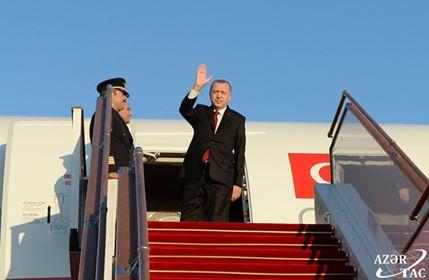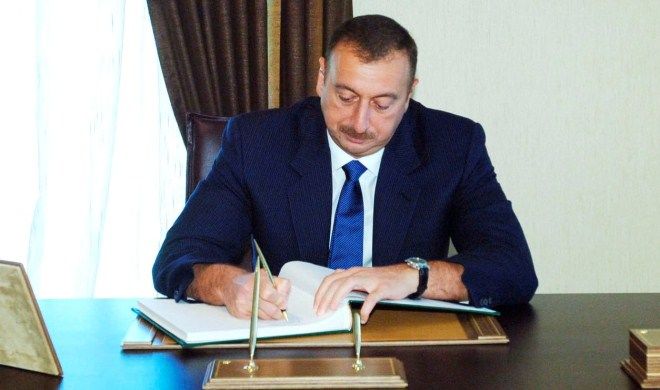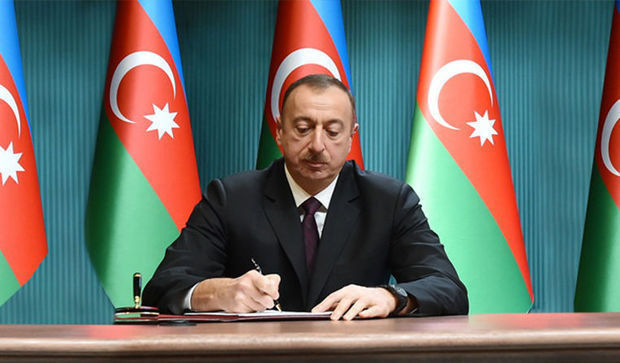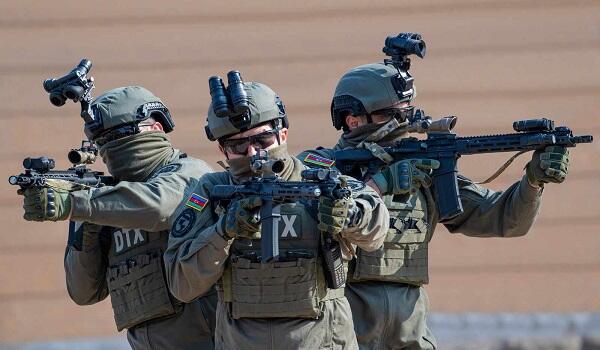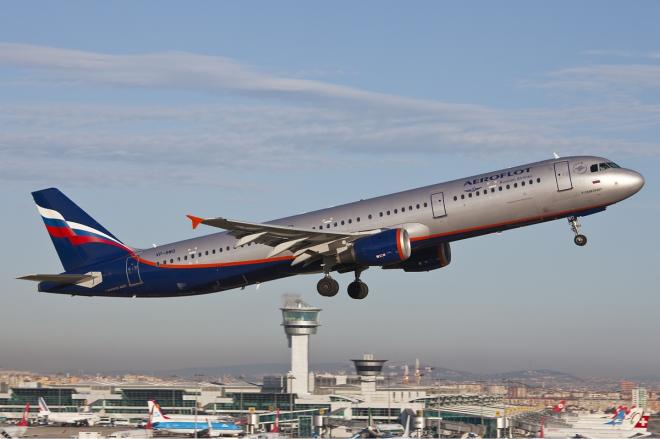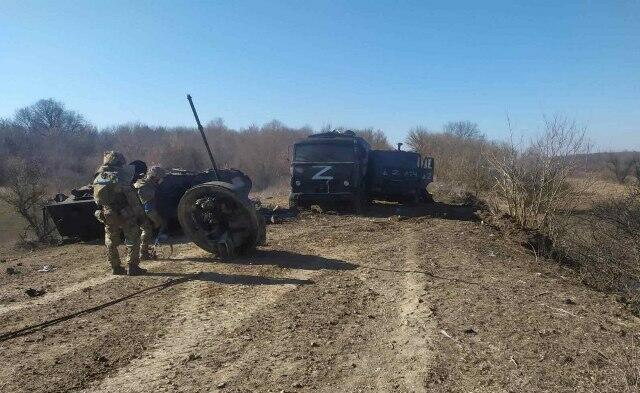Despite the calls of the OSCE Minsk Group co-chairs to change the status quo in the Nagorno-Karabakh conflict, Armenia, with the help of foreign intercessors, is trying to drag out the negotiation process and maintain the status quo, Bahar Muradova, vice-speaker of the Azerbaijani parliament, said on Friday.
She made the remarks during the hearings in the Azerbaijani parliament on the "Recent developments on the line of contact: Problems of the international humanitarian law."
Muradova said that the international community is already aware that the conflict poses a serious threat.
“We all know that while mediators continue to make efforts to resolve the conflict, the Armenian side resorts to provocations on the contact line,” the vice-speaker said, noting that the Armenian provocations of early April resulted in deaths among the Azerbaijani population and caused detrimental effects on the environment.
She added that in order to prevent these provocations, Azerbaijani armed forces launched a counteroffensive and liberates several heights, as a result of which the myth of the invincibility of the Azerbaijani army was destroyed.
The vice-speaker said undesirable processes started for the Armenian leadership, and the civilian population in Nagorno-Karabakh began to understand that the conflict is no longer needed.
Muradova mentioned that by starting this conflict, Armenia has created problems for the civilians in Nagorno-Karabakh, and this situation cannot continue in this way.
She stressed that the Armenians in Nagorno-Karabakh are citizens of Azerbaijan.
“We need to solve their problems and ensure the return of Azerbaijani refugees and IDPs to their natives. The April events have shown that Azerbaijan is not going to reconcile with this situation for long,” the vice-speaker concluded.
The Nagorno-Karabakh conflict entered its modern phase when the Armenian SRR made territorial claims against the Azerbaijani SSR in 1988.
A fierce war broke out between Azerbaijan and Armenia over the Nagorno-Karabakh region of Azerbaijan. As a result of the war, Armenian armed forces occupied some 20 percent of Azerbaijani territory which includes Nagorno-Karabakh and seven adjacent districts (Lachin, Kalbajar, Aghdam, Fuzuli, Jabrayil, Gubadli and Zangilan), and over a million Azerbaijanis became refugees and internally displaced people.
The military operations finally came to an end when Azerbaijan and Armenia signed a ceasefire agreement in Bishkek in 1994.
Dealing with the settlement of the Nagorno-Karabakh conflict is the OSCE Minsk Group, which was created after the meeting of the OSCE Ministerial Council in Helsinki on 24 March 1992. The Group’s members include Azerbaijan, Armenia, Russia, the United States, France, Italy, Germany, Turkey, Belarus, Finland and Sweden.
Besides, the OSCE Minsk Group has a co-chairmanship institution, comprised of Russian, US and French co-chairs, which began operating in 1996.
Resolutions 822, 853, 874 and 884 of the UN Security Council, which were passed in short intervals in 1993, and other resolutions adopted by the UN General Assembly, PACE, OSCE, OIC, and other organizations require Armenia to unconditionally withdraw its troops from Nagorno-Karabakh.
